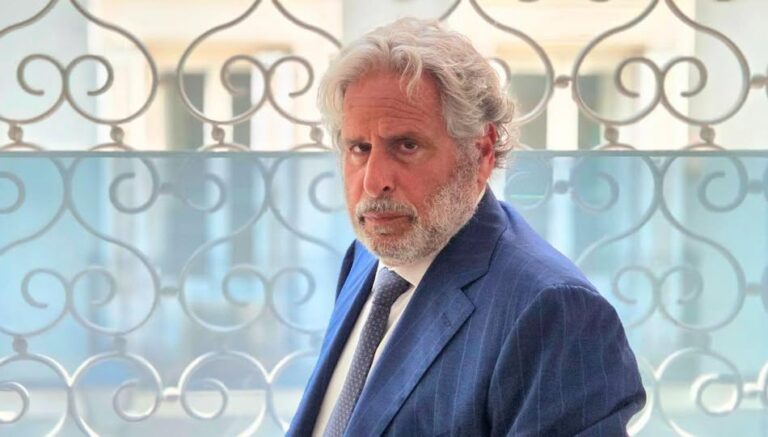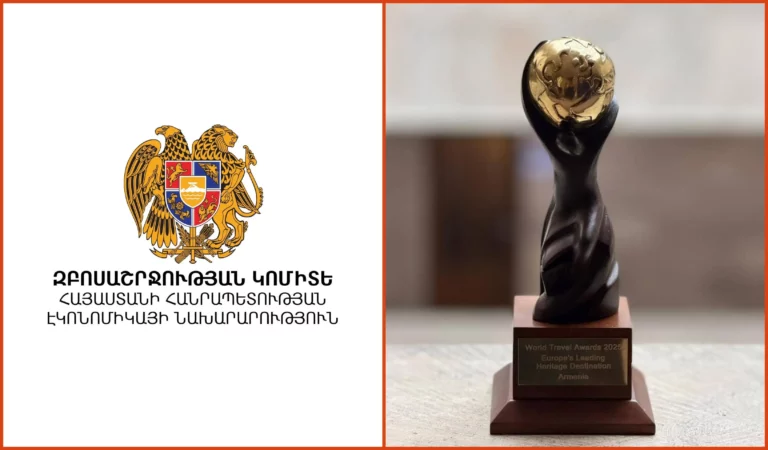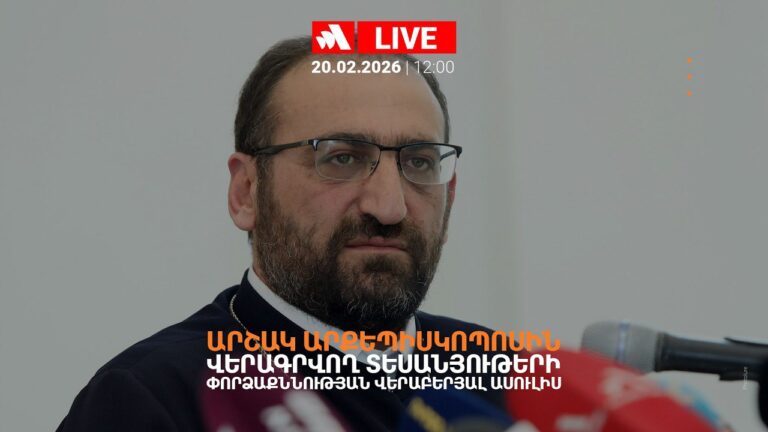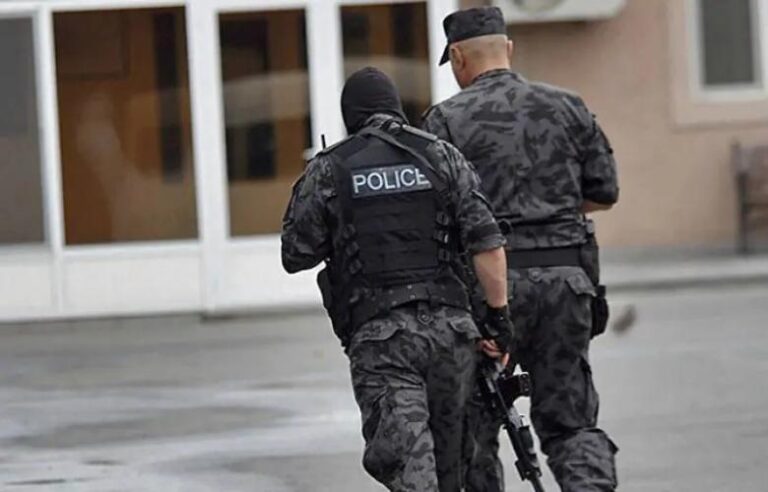This is an attempt to reason with the Armenian authorities – Bogdan Bezpalko on the Russian Foreign Ministry’s statement about Yerevan’s membership in the CSTO
Speaking with Alpha News, Russian political scientist Bogdan Bezpalko commented on the statement by Russian Foreign Ministry spokesperson Maria Zakharova that Moscow hopes that Armenia will resume its full participation in the Collective Security Treaty Organization (CSTO).
According to the expert, Armenia should either leave the CSTO and face all the economic consequences of this step or should become a full-fledged member of the CSTO and adjust its policy.
“It is obvious that this is an attempt to reason with the Armenian authorities and get some decisions from them instead of a half-hearted state within which, on the one hand, Armenia is not a full-fledged member of the CSTO and, on the other hand, formally retains its membership in it. Armenia should either leave the CSTO and face all the economic consequences of this step, or become a full-fledged member of the CSTO and adjust its policy in military purchases, geopolitics, and foreign policy with Russia and the rest of the CSTO members. There is no other choice here,” Bezpalko said.
“It would be quite strange if some NATO member country, for example, now began to purchase Russian equipment. By the way, there was such a precedent. This was Turkey, which purchased the S-400 missile system, but at the same time it was in conflict with the United States. It was harshly criticized; economic sanctions were applied, which, by the way, are very sensitive for the Turkish economy, as well as for the Turkish armed forces, which lost the opportunity to purchase fighter jets F-35.
Therefore, Armenia, as a much less powerful state, much smaller than the current Turkish Republic, must somehow determine its foreign policy. Either it supports Russia, stays a member of the CSTO and the EAEU and adjusts its policy with Moscow, or goes on a free voyage and faces all the consequences of this independence and sovereignty in economic, military, and geopolitical terms,” Bezpalko concluded.







